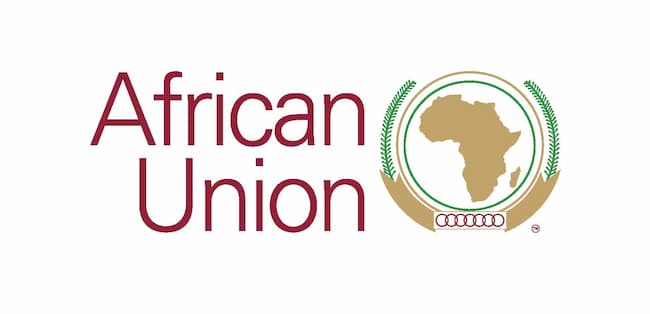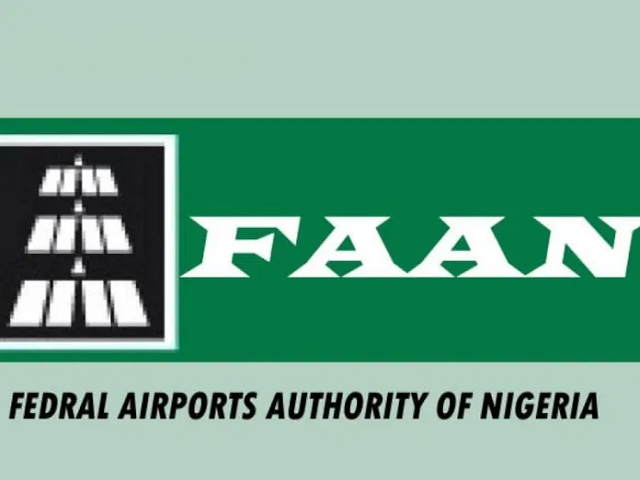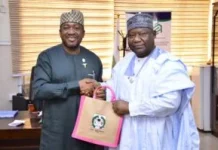The African Union (AU) said on Tuesday that it has suspended Niger Republic until civilian authority was restored and that it would consider the ramifications of any armed action in the troubled Sahel nation.
Following sharp disagreements, the Peace and Security Council “requests the AU Commission to undertake an assessment of the economic, social, and security implications of deploying a standby force in Niger and report back to Council,” the group said.
ECOWAS
At the Aso Villa on Tuesday, President Bola Tinubu met with the President of the Economic Community of West African States (ECOWAS) Commission, Omar Touray, and former Head of State, Abdulsalami Abubakar.
The President’s National Security Adviser (NSA), Nuhu Ribadu, was also present for the meeting to discuss the coup in neighboring Niger Republic.
Over the weekend, Abdulsalami led an ECOWAS mission to Niger for “final” talks aimed at restoring power to deposed President Mohamed Bazoum.
In his capacity as ECOWAS chairperson, Abdulsalami briefed Tinubu on the details of the meeting with the junta leaders.
Following his discussion with Tinubu on Tuesday, the ambassador expressed hope that diplomacy will help address the political crisis in Niger Republic without resorting to military force.
The sessions in Niger Republic, according to Abdulsalami, were beneficial.
Abdourahamane Tiani, the coup leader, stated that the junta would return to civilian power within three years, but ECOWAS opposed the idea.
On July 26, army soldiers deposed Bazoum, causing the West African regional body ECOWAS to threaten to use force to restore him.
As a last resort, ECOWAS agreed to activate a “standby force” to restore democracy in Niger.
It has stated that it is prepared to act, even as it pursues diplomatic solutions.
The coup has heightened international concern about the Sahel, which is experiencing an increase in jihadist insurgencies linked to Al-Qaeda and the Islamic State organization.













